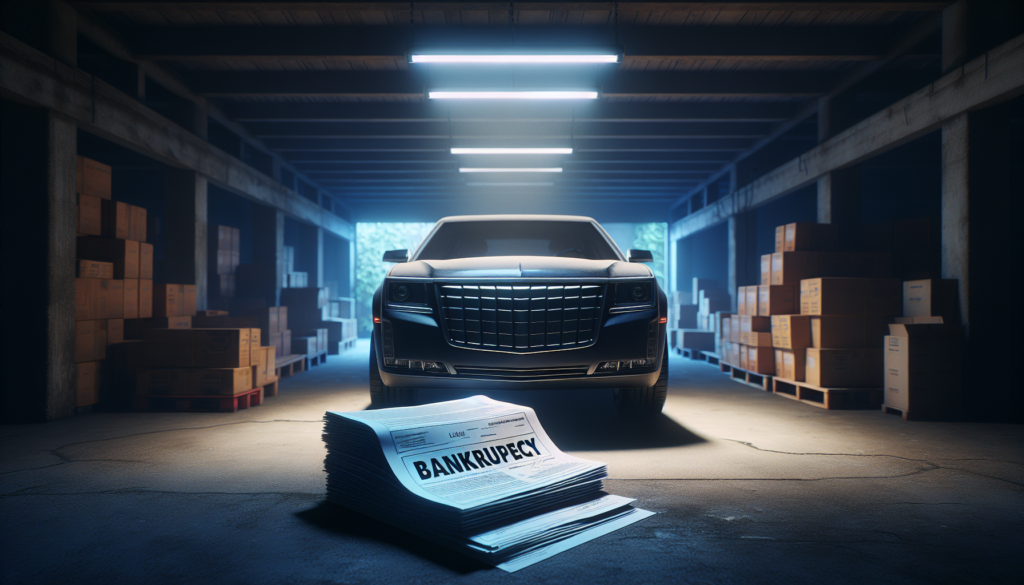
Discovering your car has been repossessed is a stressful experience, especially if you rely on it for daily essentials like commuting to work or transporting your family. However, if you’re facing this dilemma, there’s a potential lifeline through filing for Chapter 13 bankruptcy. This legal process can not only halt further collection actions but might also help you get your vehicle back. Here’s an in-depth look at how Chapter 13 bankruptcy works in the context of vehicle repossession and what steps you need to take.
Understanding the Power of the Automatic Stay in Chapter 13 Bankruptcy
One of the immediate benefits of filing for Chapter 13 bankruptcy is the activation of the automatic stay. This legal injunction stops most creditors in their tracks, preventing them from continuing with collection efforts, including repossession actions. If your car has already been repossessed, the automatic stay can compel the creditor to return the vehicle to you, provided you act quickly and the car hasn’t been sold at auction.
Navigating Your Repayment Plan to Include Your Car Loan
Chapter 13 bankruptcy is designed for individuals with regular income to repay all or part of their debts through a structured repayment plan, typically over three to five years. This plan can include your past-due car payments, spreading them out to make catching up more manageable without the immediate financial strain.
The Opportunity to “Cram Down” Your Car Loan
An intriguing aspect of Chapter 13 bankruptcy is the possibility of a “cram down,” where you might only need to repay the current market value of your car rather than the total outstanding loan amount. This option is available under certain conditions, such as if your car loan is more than 910 days old and the loan balance exceeds the vehicle’s value, potentially saving you thousands of dollars.
Lowering Your Interest Rates
Chapter 13 may also allow you to renegotiate the interest rate on your car loan, further reducing your monthly payments. This adjustment can make your repayment plan more affordable and sustainable over the long term, ensuring you can keep your car and get back on stable financial ground.
Key Considerations for Success
While Chapter 13 bankruptcy offers a viable solution to recover a repossessed car, several factors influence its success:
- Timing is Crucial: The effectiveness of filing for bankruptcy to recover your car hinges on how quickly you act following the repossession. If the vehicle is sold at auction, typically a few weeks after repossession, it may be too late.
- Feasibility of Your Repayment Plan: You must demonstrate that you can afford your Chapter 13 repayment plan, which will now include your adjusted car loan payments. The court needs to be convinced of your ability to meet these financial obligations.
- Seek Professional Guidance: The complexities of bankruptcy law and the nuances of negotiating with creditors mean that having an experienced bankruptcy attorney by your side is invaluable. They can guide you through the filing process, help craft a feasible repayment plan, and negotiate with creditors on your behalf.
Filing for Chapter 13 bankruptcy can be a strategic move to recover your repossessed car, offering a structured way to manage your debts while keeping your vehicle. By understanding the benefits and limitations of the bankruptcy process, you can make informed decisions about how to proceed. Remember, the success of this approach depends on timely action and the creation of a realistic repayment plan. Consulting with a bankruptcy attorney can provide you with the expertise and support needed to navigate this challenging situation and work towards regaining your financial stability.

Get a Free Bankruptcy Case Evaluation